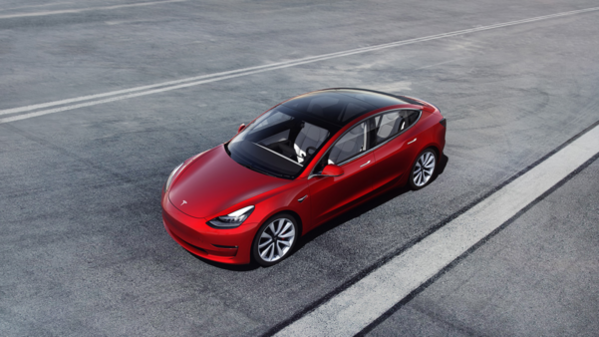Input 2021.01.11 16:00
“Expanding battery life to reduce cost and develop niche markets”
Hyundai Motors makes ESS from used batteries and operates solar power plants
SK·LG recycles rare minerals from discarded batteries
As the electric vehicle market grows, waste batteries that have reached the end of their life are in the spotlight as future businesses. Lithium-ion batteries, which are the core parts of electric vehicles, usually degrade after 6 to 10 years of use, so they need to be replaced with new batteries. It is expected that more than 10,000 used batteries will be poured out in Korea from 2024 right away. If waste batteries are disposed of as they are, environmental pollution is a concern, so companies are taking the lead in environmental protection by recycling discarded batteries, and the strategy is to grow eco-friendly businesses related to waste batteries as new growth engines.

The battery industry predicts that the global waste battery recycling market will grow more than 10 times from $1.5 billion (about 1.6 trillion won) in 2019 to $18 billion (about 20 trillion won) by 2030. In Korea, as the government abolished the obligation to return waste batteries to local governments at the end of last year, expectations are growing that the business of borrowing or recycling waste batteries from this year will also rise rapidly.
There are two main ways to create new value with the used electric vehicle battery. Companies are taking business opportunities in’battery reuse’, which reorganizes waste batteries recovered from electric vehicles and uses them for other purposes, and’battery recycling’, which extracts raw materials such as nickel, cobalt, and manganese by disassembling the battery. Reporting is expanding investment.

Hyundai Motor Company announced on the 10th that it will work with OCI to promote a business that uses waste electric vehicle batteries for solar power generation. Hyundai Motor (005380)The plan is to operate as an eco-friendly power plant that supplies power to the outside after storing the power produced at the solar power plant in the Ulsan plant in a 2MWh (megawatt hour) class ESS made by collecting waste electric vehicle batteries. Electric vehicle batteries are classified as waste batteries when their performance falls below the 70-80% level through repeated charging and discharging. Among them, batteries with a charging capacity of 70% can be reused as ESS.
Kim Yeon-su, a researcher at Hana Financial Investment, said, “The reuse business is a method of partially remodeling the battery pack or using the existing pack as it is for ESS.” It is in the spotlight as a new business model for companies,” he said.

Germany’s Volkswagen began building a battery recycling pilot plant in Salzgitter last year. The plant sorts the used batteries and decides whether to reuse them. Waste batteries with sufficient charging capacity of 70% or more are reused for electric vehicle chargers. Batteries that do not meet the conditions are shredded and then dried and sieved to filter out nickel, cobalt, and lithium. The metal extracted in this way is put into the production of new batteries. The Volkswagen side explained, “Since it is very expensive to dispose of minerals such as lithium and nickel as well as procurement, we are growing a waste battery recycling business.”
Domestic companies have also entered the battery recycling business. LG Energy Solution (formerly LG Chem (051910)Battery Business Division) is operating a battery recycling business in Australia in partnership with Envirostream, an Australian waste battery recycling company. Kim Jong-hyun, president of LG Energy Solutions, said, “We will actively discover’BaaS (Battery as a Service)’ models such as battery leasing (rental) and authentication services necessary for reuse and prepare for commercialization.” SK innovation (096770)Is developing a technology to recover lithium hydroxide from used electric vehicle batteries.
Startups that focus only on battery recycling are also appearing in the US and Europe. Established by Tesla co-founder JB Straubell,’Redwood Materials’ is a recycling business that sells raw materials such as lithium, nickel, cobalt, aluminum, etc., extracted from waste batteries received from Tesla Giga Factory in Nevada, to Japanese battery maker Panasonic in 2017. Has been in operation since. The company is expanding its business with investments from Breakthrough Energy Ventures (BEV), an energy fund founded by Amazon founder Jeff Bezos and Microsoft founder Bill Gates.
Swedish battery manufacturer Northvolt is also building a battery recycling plant in Sweden to make 50% of new batteries produced by 2030 from waste battery recycling materials. “The plant, which starts operation in 2022, plans to recycle 25,000 tons of waste batteries per year,” Northbolt said.
